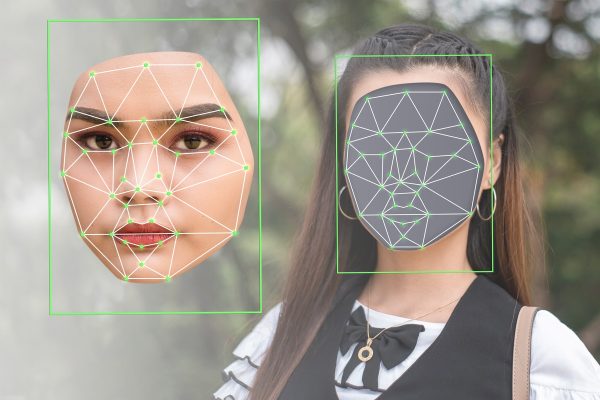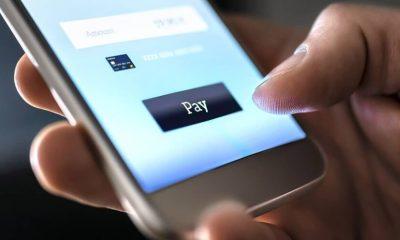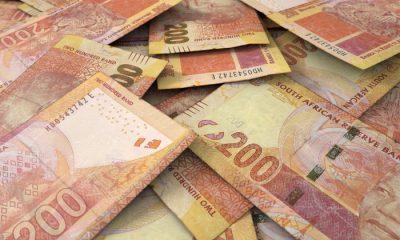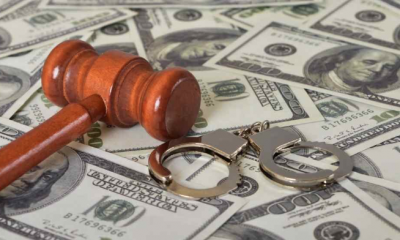411
Deepfakes: A Growing Threat to South Africa’s Democracy and Economy

Imagine waking up to a viral video of the President announcing a national emergency that never happened. Or a CEO confessing to fraud in a shocking video—only for it to be entirely fake.
This is no longer the plot of a sci-fi film. In today’s digital age, deepfake technology has made such fabrications alarmingly real.
Using artificial intelligence (AI) to manipulate videos, images, and audio, deepfakes can create hyper-realistic but entirely false content. While once a novelty, deepfakes have become a serious cybersecurity threat—one that South Africa is unprepared for.
The Rising Risk of Deepfakes in South Africa
In a country where misinformation spreads rapidly on social media, deepfakes have the potential to:
Influence elections by spreading false narratives about political candidates
Trigger financial panic through fake statements from business leaders
Damage reputations by creating misleading videos of executives or celebrities
Facilitate fraud by impersonating CEOs to approve transactions
Eroding Trust: The Political Threat of Deepfakes
With South Africa’s local government elections approaching, deepfakes could be used as a powerful weapon to:
-
Spread false narratives and manipulate voter sentiment
-
Discredit political opponents with fake videos of inflammatory remarks
-
Fabricate policy announcements to mislead the public
Given South Africa’s history of political tensions, a viral deepfake could cause widespread unrest. Once a false video spreads, it becomes nearly impossible to undo the damage—even if the truth is later revealed.
A Financial and Corporate Nightmare
Deepfakes are not just a threat to politics—they are a major financial risk.
Cybercriminals are already using AI-generated deepfakes to impersonate executives, authorizing fraudulent transactions and deceiving investors.
Imagine a fake video of a bank CEO announcing financial distress—the panic could send markets tumbling before the hoax is uncovered.
Businesses need to be proactive in protecting their brands before they become victims of AI-driven deception.
How South Africa Can Fight Deepfakes
Deepfake technology is here to stay, but South Africa can take urgent steps to mitigate its impact:
AI-Powered Verification Tools: Media houses and companies must invest in AI tools to detect deepfakes before they spread.
Public Awareness Campaigns: Schools, businesses, and government agencies should educate citizens on how to critically assess digital content.
Stronger Cyber Laws: South Africa’s cyber laws must be updated to criminalize the creation and distribution of harmful deepfakes.
Social Media Accountability: Platforms like Facebook, X (Twitter), and TikTok must work with authorities to detect and remove deepfakes faster.
Are We Ready?
The question is no longer if deepfakes will impact South Africa—it’s how well we are prepared to handle them.
Without urgent action, the country risks facing a deepfake-driven crisis that could shake its democracy, economy, and public trust. The time to act is now, before AI-powered deception becomes an uncontrollable force.
Is South Africa ready for this digital battleground?
{Source The Media Online}
Follow Joburg ETC on Facebook, Twitter , TikTok and Instagram
For more News in Johannesburg, visit joburgetc.com



























